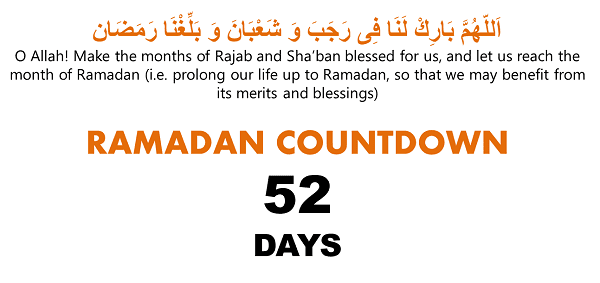Naturally, fresh and optimistic expectations started to sprout in the minds of every peace-loving Sri Lankan after the end of the long war that lasted over three decades. Every one of us firmly believed and hoped that we would be able to eliminate mutual mistrust, hatred and other downbeat feelings that have rooted in our hearts for so long and that we would be able to heal deep wounds that maimed our hearts. We also hoped that we would be able, as a nation, to join hands to create a social setting that would never let such unpleasant things to happen again.
Unfortunately, what we witness here today is a totally contrast and volatile social atmosphere in which several extremists flaming religious movements lob insults and spiteful statements at each other.
We, at ACJU felt that it is our paramount responsibility as the apex religious organization of the Lankan Muslims to provide guidance on how to act in this turbulent situation.
On careful observation, ACJU identified several reasons that have helped ignite the present flame. The first one of them is forcing a faith to others. Islam rejects this notion altogether. The Holy Qur’an says as following;
‘There is no compulsion in the religion’
(2:256)
Accordingly, Islam totally shuns insulting or criticizing other faiths or religious personalities of other faiths. If any one acts in this deplorable way, he defies teachings of Islam and acts on his own audacious volition. Thus the ACJU strongly condemns such actions.
We also beseech the respected religious leaders of Lankan Buddhists, Hindus and Christians not to assume these imprudent acts of a handful as attested by Islam or approved by the Muslim masses of this country. While expressing our deepest regrets for such actions, we urge the relevant authorities to take necessary actions against those impulsive offenders who defy the command of Allah:
‘Insult not those whom they (disbelievers) worship besides Allah’
6:108
The other matter that seriously affects conciliation as we believe is the incapacity to tolerate other religions and cultures. This narrow mentality entices one to reject the globally accepted reality of multi ethnicity. Islam totally rejects this phobia and concedes the universal reality of multi ethnicity and accepts the fact that various religious would continue to exist in this world. This is asserted by several verses in the Holy Qur’an such as the two given below:
‘The truth is from your Lord. Then whosoever wills, let him believe, and whosoever wills, let him disbelieve’
(18:29)
‘O mankind! We have created you from a male and a female, and made you into nations and tribes, that you may know one another’
(49:13)
We would like to urge Muslims of this country to abide by the guidance provided by our organization and treat all the fellow Lankan’s with brotherhood and warmth regardless of their religious orientations or ethnic identities and contribute to recreate conciliation and harmony in our beloved Motherland. Also we once again request the masses of other faiths and ethnicities not to look upon the imprudent actions of few misguided Muslims as the approved ideal of the entire Muslim community living in this country. Finally, we request those astride responsible seats to see that the law of this country is fairly implemented to every one regardless of their religious or ethnic distinctiveness.
Let us unite and contribute to create a social environment where we can live with peace and happiness through a just and impartial way while discarding hatred and mistrust. Let us join hands as the children of Mother Lanka and resolve to unravel any and every dispute come our way via dialog and discussion. Let us contribute to create a prosperous Sri Lanka and save her for she is the only Motherland we Lankan’s have gotten.
Ash Sheikh Fazil Farook
Media Secretary
ACJU
http://www.acju.lk/press-release/special-media-statement/







.jpg)
.jpg)
.jpg)
.jpg)









.jpg)
.jpg) The prevailing cultural differences and the social distance between ethno-religious groups often facilitate the formation of settlements segregated on the basis of ethnicity and religion
The prevailing cultural differences and the social distance between ethno-religious groups often facilitate the formation of settlements segregated on the basis of ethnicity and religion


